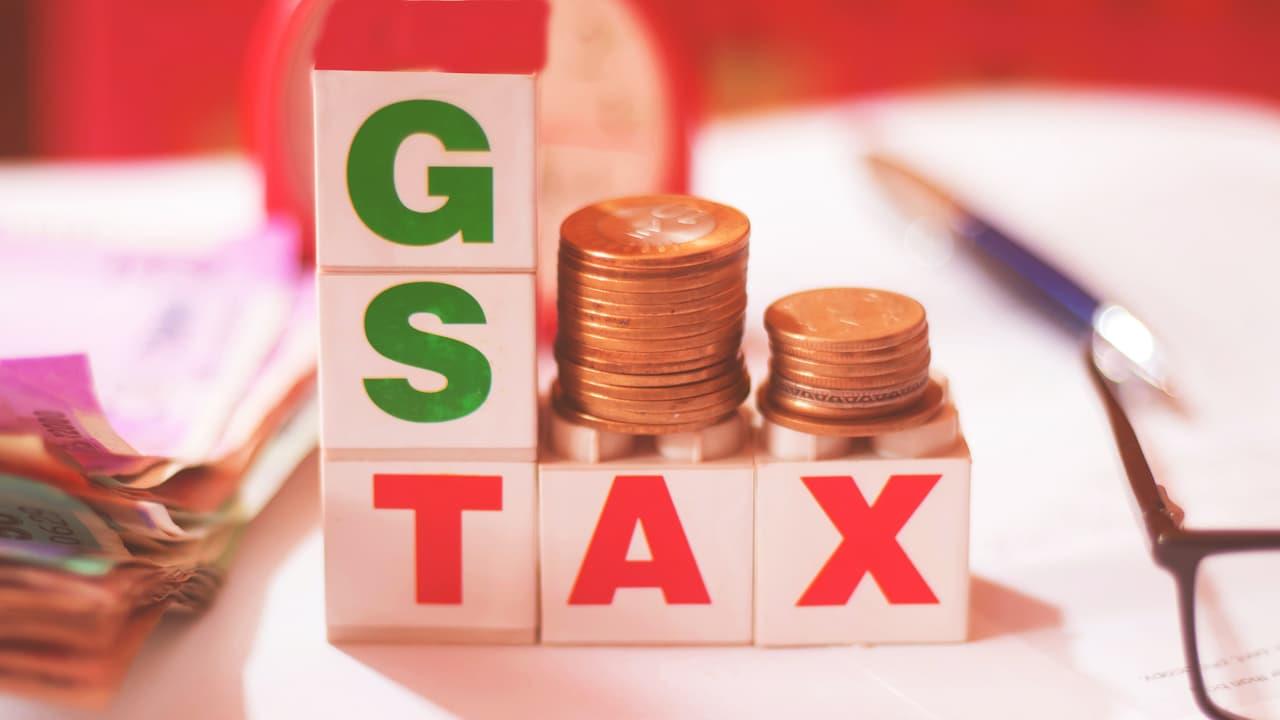
GST Rationalisation To Boost Consumption, Make Essentials Cheaper: Finance Ministry
New Delhi [India]: Rationalisation of the GST structure will provide further impetus to consumption growth, said the Ministry of Finance in its Monthly Economic Update. The 56th meeting of the GST Council has brought in broadly a two-rate structure with a Standard Rate of 18 per cent, a Merit Rate of 5 per cent and a special de-merit rate or singood rate of 40 per cent for a select few goods and services (but inclusive of earlier compensation cess rate, hence with no increase in overall tax burden), with effect from 22nd September 2025. The Finance Ministry, in its Monthly Economic Update, added, "The rationalisation of GST came in as the third leg of the tripod of tax reforms, following up on the corporate tax reductions and personal income tax reforms.""More importantly, measures to simplify the GST registration mechanism, particularly for small suppliers making supplies through e-commerce operators and an easier refund mechanism, are expected to lower input costs and improve liquidity for companies, while giving a thrust to Make in India," the Finance Ministry added. The ministry stated that the reforms, alongside the RBI's rate cuts, income tax rebates, and the broader context of deregulation and easing inflation, create favourable conditions for an economic uptick.
Impact of GST Rationalisation
"The GST rationalisation is a major push towards advancing India's climate goals by making renewable energy, waste management, biodegradable products, and green mobility more affordable and within reach," the Ministry added. Earlier this month, Union Finance Minister Nirmala Sitharaman stated that the new GST reforms are designed to cater to the basic necessities and aspirations of the middle class and the common man of the country out on September 22, the rationalised GST rates have set the stage for major sectoral transformation by rationalising tax slabs, simplifying compliance, and addressing long-standing issues, such as the inverted duty structure, according to a report by the Union Bank of India. Daily-use products, packaged foods, and personal care items have been shifted to the 5 per cent slab from 12 to 18 per cent earlier. Companies are expected to cut prices by 4 to 6 per cent, improving affordability and boosting rural demand. Staples such as paneer, chapati and khakhra have even been moved to the zero-tax bracket, making essentials like these cheaper.
(Except for the headline, this story has not been edited by Asianet Newsable English staff and is published from a syndicated feed.)
Legal Disclaimer:
MENAFN provides the
information “as is” without warranty of any kind. We do not accept
any responsibility or liability for the accuracy, content, images,
videos, licenses, completeness, legality, or reliability of the information
contained in this article. If you have any complaints or copyright
issues related to this article, kindly contact the provider above.


















Comments
No comment